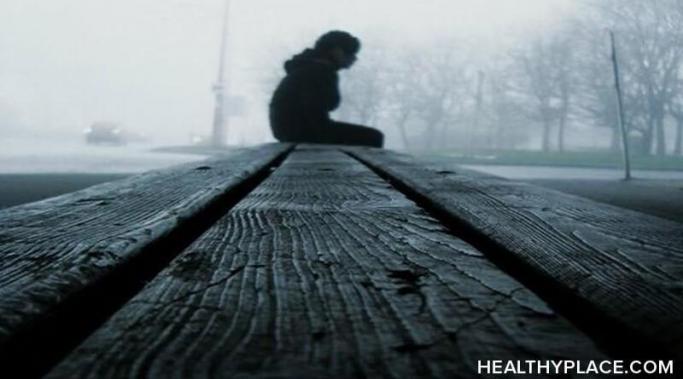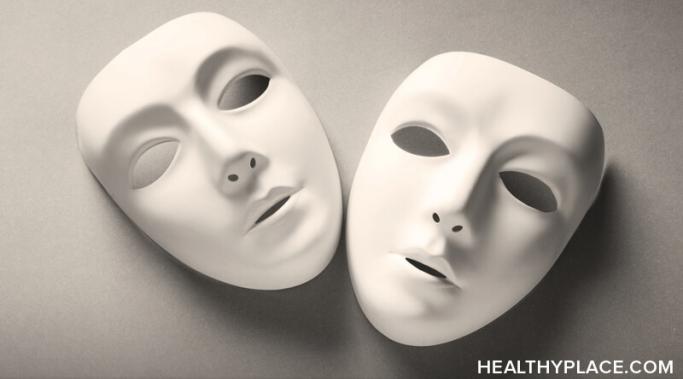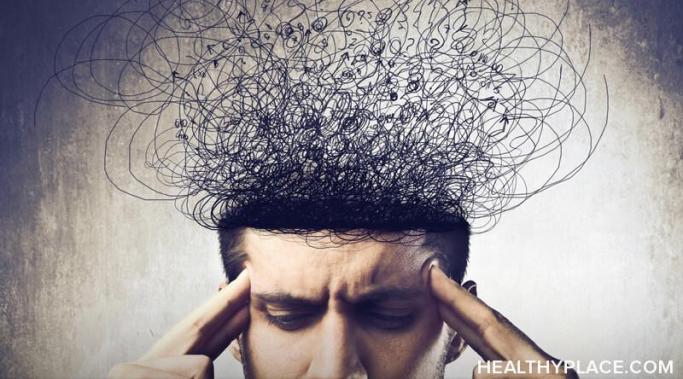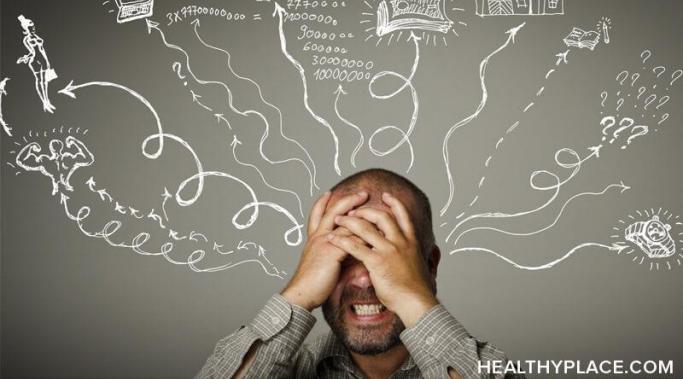Blogs
Four weeks ago, I started telling the story of a borderline crisis I have been going through ("BPD and Crisis: Part 1"). I promised I'd continue the story, but things keep evolving, and it's challenging to reflect without the benefit of hindsight. However, I will share my initial reactions to learning that my Danish residence permit was unexpectedly under threat.
Seven years: that’s how long I’ve been writing for HealthyPlace and the "Surviving Mental Health Stigma Blog." This time seven years ago, I was embarking on a new journey in writing and mental health. And now, again, I’m embarking on a new journey and saying goodbye to this blog.
Opening up about self-injury can be incredibly cathartic and healing. But it's important, too, to set and maintain healthy boundaries during self-harm recovery and beyond.
Take a moment to think of your favorite media villain. I bet the character that just came to mind is portrayed as having a mental illness with a sprinkle, or more like a heap of dramatization for theatrical effect. Batman's Two-Face struggles deeply from poorly represented dissociative identity disorder (DID), as does Split's protagonist with the 23rd identity of Kevin being The Beast, an entirely fictitious representation that--intentionally or not--paints individuals suffering from DID as violent and inhuman. The cinematic tactic aimed at creating drama and bolstering a storyline comes with an unintended and paramount side effect: stigma.
When I operate within the framework of an eating disorder, my life orbits around fear. I am afraid of consuming three balanced meals. I am afraid of not being able to squeeze in enough exercise. I am afraid of the number staring back at me on a scale. I am afraid of seeing the calorie count on a nutrition label. I am even afraid of existing inside my own skin.
Meditation is helping me manage symptoms of verbal abuse, but there was a time in my life when I could not imagine myself meditating and taking the time to stop everything I was doing. During that phase of my life, I overcompensated for my underlying anxiety by keeping myself busy with tasks. I filled every second of the day with completing tasks. Sitting still was not part of my daily schedule, and I certainly did not try to keep my mind free and clear of thoughts.
I don’t have many friends who live nearby. Part of the reason is that my schizoaffective anxiety makes me feel awkward around new people and at parties. Part of it is because many of my old friends moved to other parts of the country, and a few of them died due to complications with mental illness. But part of it is because I cut a lot of people out of my life. Here's why I cut people out of my life.
I had a discussion with my friend once about brain fog, and I said brain fog wasn't a real symptom of depression; it was just sort of a layperson's description of cognitive difficulties. Brain fog itself wasn't exactly real, per se; I said I wasn't exactly wrong about that, but I wasn't exactly right either. Brain fog is not exactly a medical descriptor, but I identify with it as a part of my illness(es). I can now attest to the fact that brain fog is real.
I've long been told to let go of the things I can't control, and I always wondered how. It's not like I can flip a switch and suddenly not stress over the various external circumstances I'm dealing with at the time. For years I tried to tell myself that I would just not care about that stuff. It didn't work very well.
Since the age of 18, I have lost four passports. This sportsman-like proficiency in losing valuable documents is partly a result of having attention-deficit/hyperactivity disorder (ADHD).









